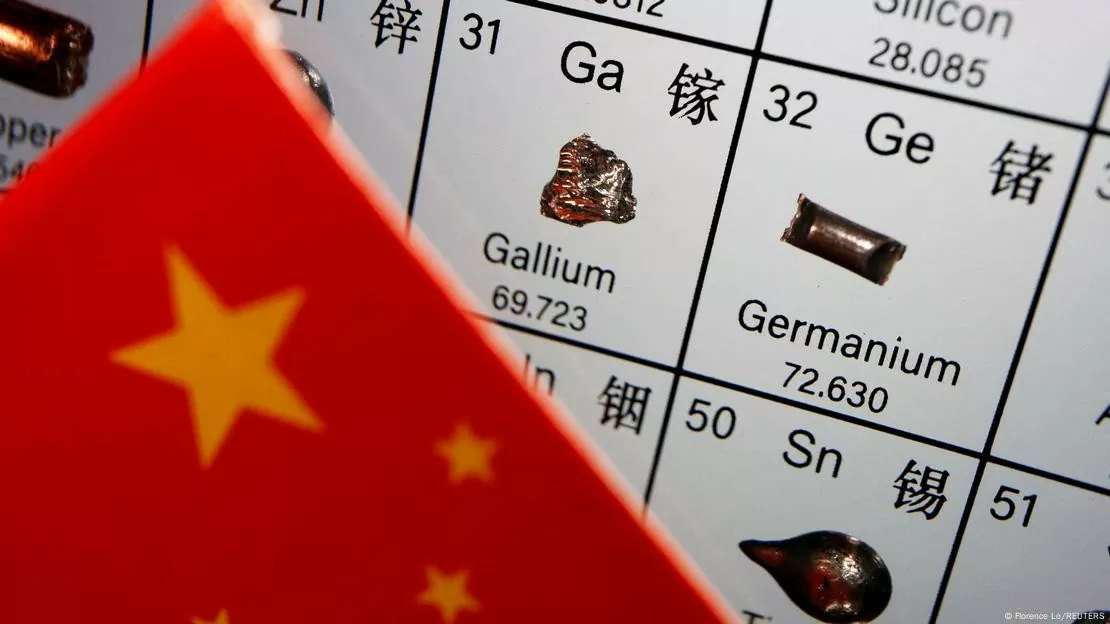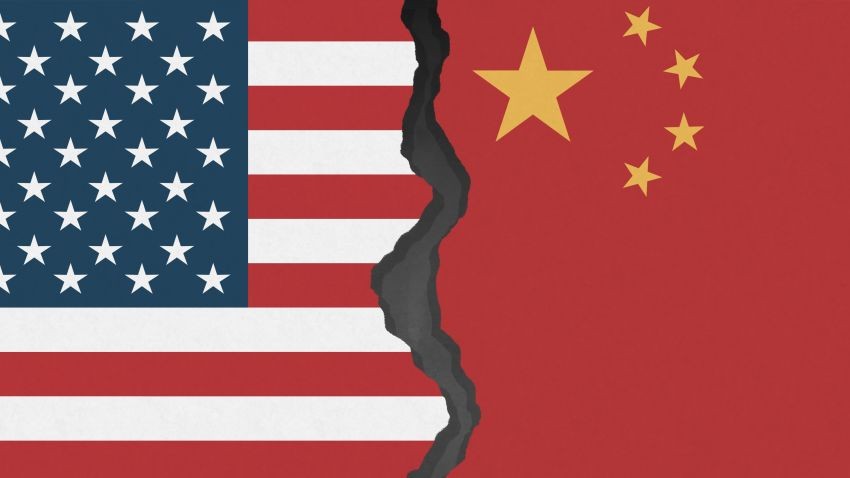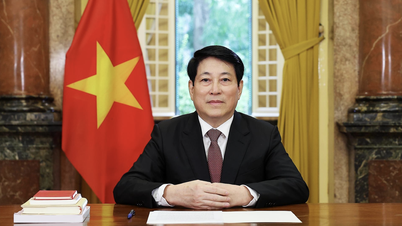China has banned exports of rare earth minerals such as gallium and germanium to the United States, a move that has escalated trade tensions. Will Washington’s technology and defense industries, which rely on these materials, suffer?
 |
| China's ban on gallium and germanium exports to the United States is the latest development in the rivalry between the two countries. (Source: Reuters) |
Products such as gallium, germanium, and antimony are known as dual-purpose items, which can be used in semiconductor manufacturing and for a variety of military and technological applications.
Tough and defensive
China’s move is a direct response to the export controls imposed by the US on Beijing on December 2. The two largest economies ’ competition focuses mainly on trade, military technology production and artificial intelligence (AI) development.
"This is toughness and defensiveness from both countries and is not a new phenomenon," said Claire Reade, senior advisor at the law firm Arnold & Porter in Washington and an expert on US-China trade relations.
According to her, Beijing believes that Washington is trying to block the country's legitimate development.
In contrast, the world's largest economy sees this as a national security issue to prevent the country of a billion people from gaining dominance in certain areas.
The US Department of Commerce said the decision to strengthen controls on exports of dual-use items to the country was "to protect national security".
Washington continues its campaign against Beijing's semiconductor industry by releasing its third list of restrictions in as many years.
Just over a month before leaving office, President Joe Biden's administration imposed export controls on 140 companies, including chip companies such as Naura, Piotech, ACM Research and SiCarrier Technology.
"These are the strongest controls the United States has ever enacted to undermine China's ability to produce the most advanced chips they are using to modernize their military," said US Commerce Secretary Gina Raimondo.
The response of the billion-people country is not limited to restricting some important metals and minerals.
Four major Chinese industry associations — covering the semiconductor, internet, auto and communications sectors — have asked their members to reduce purchases of US chips.
"US chip products are no longer safe or reliable," the Asian country's Semiconductor Association said.
How does America influence?
The US National Security Council said it was still evaluating the latest move.
Officials also stressed the importance of stepping up efforts with other countries to mitigate risks and diversify critical supply chains away from China.
Gallium and germanium are just two of the products that China has banned from exporting to the US. The country has imposed export controls in 2023.
The two products have many special applications. Gallium is especially needed for advanced semiconductors, as well as for solar panels and radar equipment. Germanium is involved in fiber optics and satellites.
The Center for Strategic and International Studies - a US research organization - found: "Gallium-based semiconductors are very important to the US defense industry, especially in next-generation missile defense and radar systems. Electronic warfare and communications equipment also need gallium."
The world's second-largest economy produced 98% of the world's raw gallium supply in 2023, according to the US Geological Survey. Data on germanium mining and production are not available, but Beijing also controls the bulk of global supply.
Washington imports both products from the Asian country but also trades with countries like Canada, Germany and Japan.
However, since China began imposing restrictions last year, prices have increased significantly on global markets.
And the risk of supply disruptions is well known. Last month, the US Geological Survey said that the world’s largest economy’s gross domestic product (GDP) could fall by $3.4 billion (€3.23 billion) if the country imposed a complete ban on gallium and germanium exports.
 |
| China is responding directly to the export controls imposed by the US on Beijing on December 2. (Source: Twitter) |
China's dominance does not mean America has no other options.
First, there are other manufacturers in the market willing to supply the above item to Washington.
Second, non-Chinese production could be increased. Gallium, for example, is largely a byproduct of processing bauxite, the primary ore used to make aluminum. While investing in gallium mining in the United States and other countries would be expensive, it could be done.
China will not "sit still"
The latest developments come just over a month into Donald Trump’s second term as US President, who has vowed to impose large tariffs on imports from China.
Claire Reade of the law firm Arnold & Porter said that in the future, when Mr. Trump takes office, China may waver on its intention to ban rare earth minerals. If Beijing goes ahead with the ban, other countries, including US allies, will be forced to reconsider their place in the global supply chain in the face of a drastic policy change from China.
But the decision by the second-largest economy shows that the country is becoming more assertive in its efforts to wean itself off dependence on the West.
"This would be another step forward for Beijing and would send a message to the rest of the world that China will not 'sit idly by' if its economic development and national security are compromised or threatened," the US -China trade expert said.
Of course, the issue is not simply a statement. Many experts believe that the interdependence between the world's two largest powers will affect the mineral ban, and this is also a long-term strategic "game" where economic interests, security and political position are all on the table.
Source: https://baoquocte.vn/trung-quoc-tung-don-chi-mang-cam-khoang-san-hiem-di-my-washington-lao-dao-296311.html




































































































Comment (0)